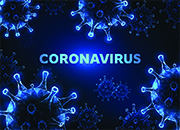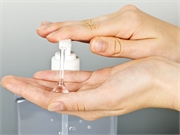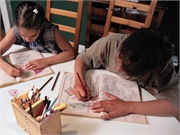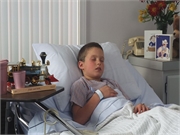
(HealthDay News) — As the number of known U.S. coronavirus cases soared past 34,000 and the death count eclipsed 400 on Sunday, President Donald Trump approved disaster declarations for regions hit hardest by the pandemic, activating the National Guard in three states. The declarations will bring supplies, medical stations and naval hospital ships to New… read on >






























